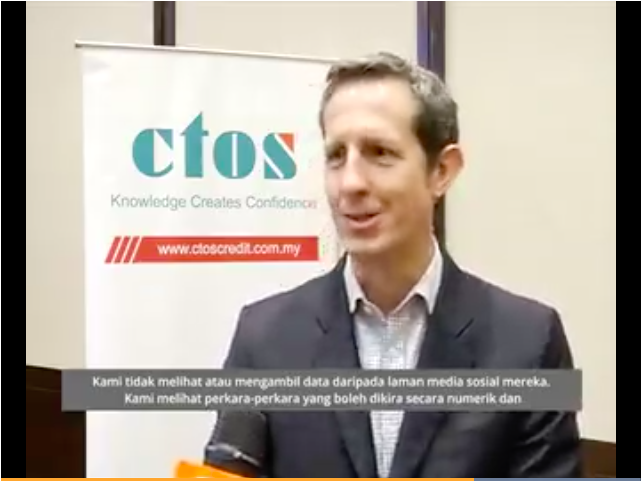In this photo, Jonathan demonstrates cultural differences in height during a field visit with loan applicants in Veracruz, Mexico.
Since our merger, we have welcomed a number of incredible new colleagues onto the LenddoEFL team. Jonathan Winkle joins us in our Boston office as our new Behavioral Science Manager. We cornered him to learn more.
Tell us about your background?
In undergrad I majored in psychology, where I developed a passion for researching the brain and behavior. To gain more experience after college, I worked in a systems neuroscience lab at MIT studying visual attention. Eventually I found my way to Duke where I earned my PhD in cognitive neuroscience. My dissertation focused on the behavioral economics of dietary choice, investigating how the mind is affected by “nudges” that can bias people towards healthy (or unhealthy) eating habits.
What brought you to LenddoEFL?
Studying behavior has always excited me because it is the ultimate endgame of our brains’ hard work, yet academic research on the topic can often be too disconnected from real-world problems. I found myself wanting to make more of an impact on society, and in this role I can leverage my experience to quickly and directly improve people’s lives around the world. As the Behavioral Science Manager for LenddoEFL, I can test a new hypothesis and apply that knowledge globally in a matter of weeks. And the better I do my job, the more people I can help get access to life-changing financial services.
What are your plans as Behavioral Science Manager?
My primary goal is to drive feature engineering. Features are the observations we collect about individuals to predict credit risk, and feature engineering is the process of discovering and creating new features to make our algorithms work better. For example, how honest a person is might be predictive of loan default, but we first need to quantify honesty as a feature to use it in a predictive model. As new features make our models more predictive and more powerful, our financial institution clients all over the world will gain a better understanding of their under-banked loan applicants.
If I am successful, we will be better at predicting if someone will repay their loans, thereby allowing our clients to make the best, most informed decisions possible. No pressure.
Across data sources, we look for ways to profile a person’s character, trying to understand how traits like honesty or conscientiousness relate to credit risk. This is a hard, but extremely important challenge.
LenddoEFL deals with both psychometric/behavioral and digital data sources. How do those differ and how do you think about each?
On the psychometric side, we engineer the form our data will take from the outset, then extract it by inserting new content (e.g., survey questions or psychometric games) into our simple, interactive assessment. We can be more hypothesis-driven when it comes to designing features in this realm.
On the digital side, we work with large, unstructured data sources where we necessarily have to be more exploratory and let the data do the talking.
Will you be working with our research advisors?
Absolutely! I am looking forward to working with leading researchers like Peter Belmi to push the envelope of our own research while also sharing the insights gained from our unique dataset with those in the field of behavioral economics. We will also be inviting more researchers to collaborate on our work.
Enough about work, what do you do for fun?
I like to rock climb, play Go, hang out with my dog Clementine (pic below), and try out new recipes in the kitchen.
What’s a fun fact about you?
I have a tattoo of Phineas Gage, a famous figure in the history of psychology and neuroscience. Gage was a railroad worker in 1848 that lost the left pre-frontal cortex of his brain when an accidental explosion sent a 3 foot iron rod rocketing through his head. Miraculously, he survived and was even able to walk himself to a doctor despite the 11⁄4 inch hole running behind his left cheek and out the top of his skull. He lived for 11 years after this event, but experienced marked changes in his personality that have been studied ever since. The story in itself is fascinating, and of particular interest to me is how Gage’s misfortune shaped theories of the mind for more than a century after the accident.
Look out for a future post from Jonathan about his field work in Mexico and learnings about group dynamics.








